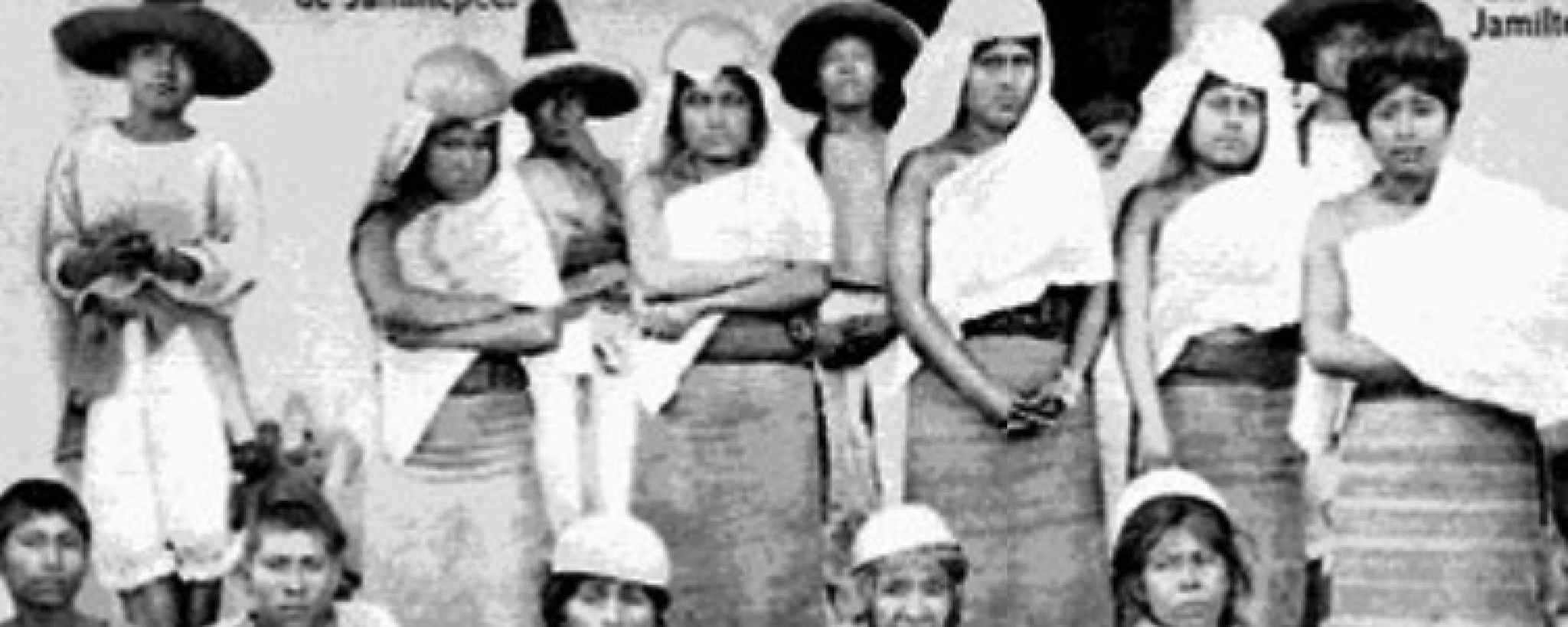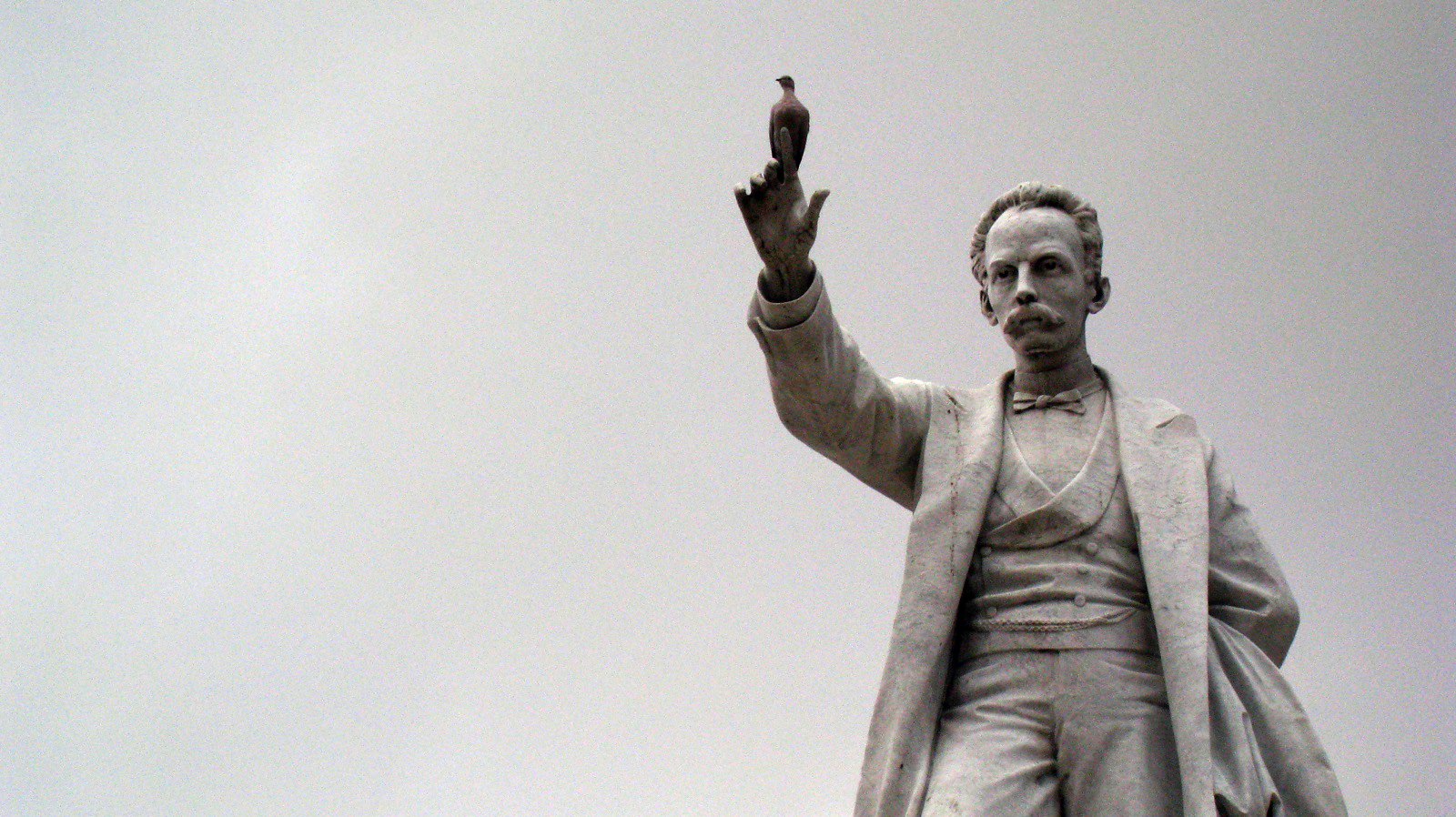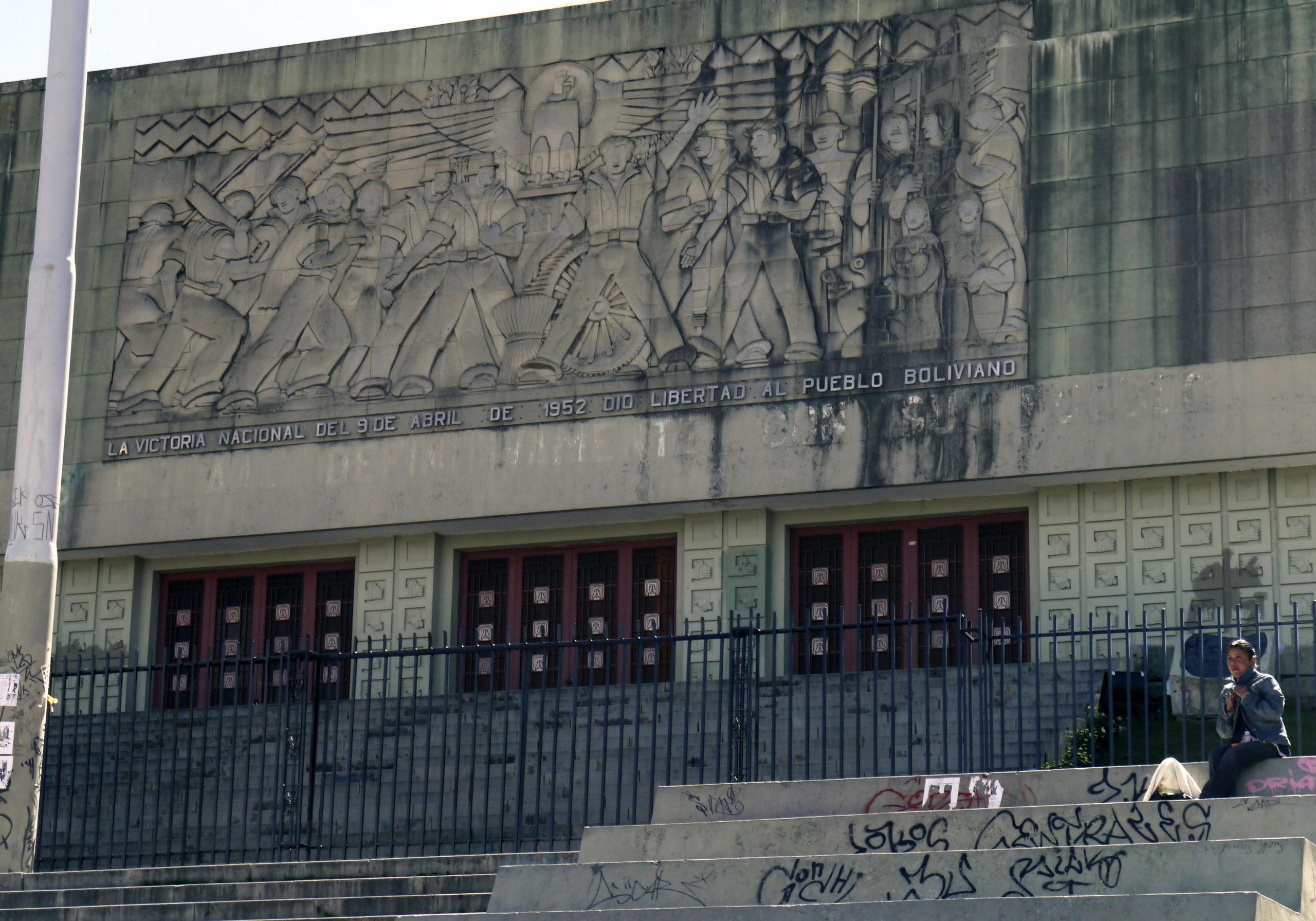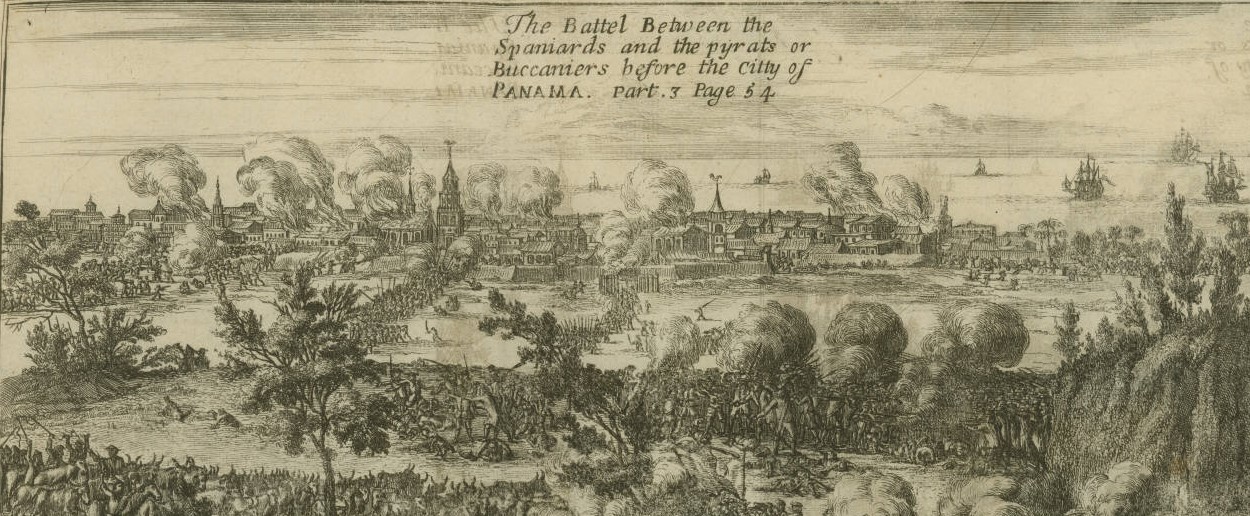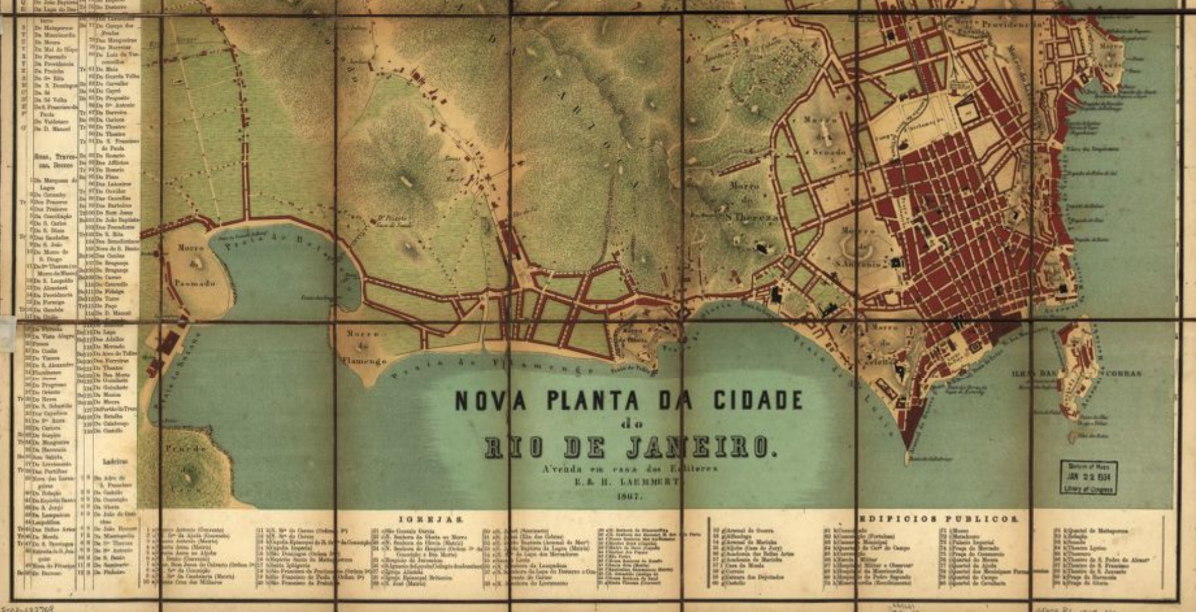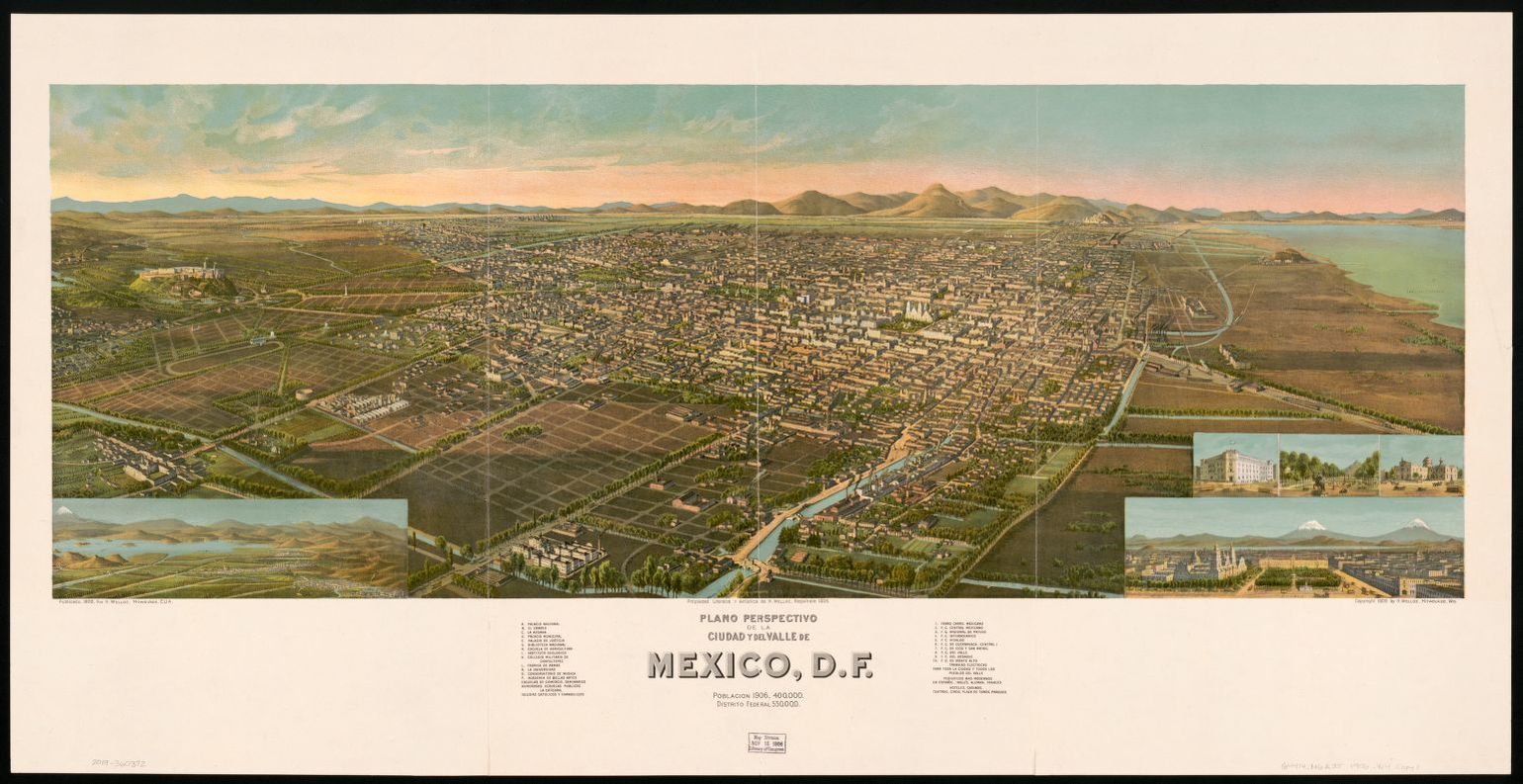Interview with Paula López Caballero, “Domesticating Social Taxonomies: Local and National Identifications as Seen Through Susan Drucker’s Anthropological Fieldwork in Jamiltepec, Oaxaca, Mexico, 1957-1963”
Paula López Caballero has a Ph.D. in Social Anthropolgy and Ethnography from la École des Hautes Études en Sciences Sociales, in París, France. She is an research at the Centro de Investigaciones Interdisciplinarias en Ciencias y Humanidades at UNAM and a member of the National System of Reseachers (Miembro del Sistema Nacional de Investigadores). You can read her article “Domesticating Social Taxonomies: Local and National Identifications as Seen Through Susan Drucker’s Anthropological Fieldwork in Jamiltepec, Oaxaca, Mexico, 1957-1963” in HAHR 100:2. …

